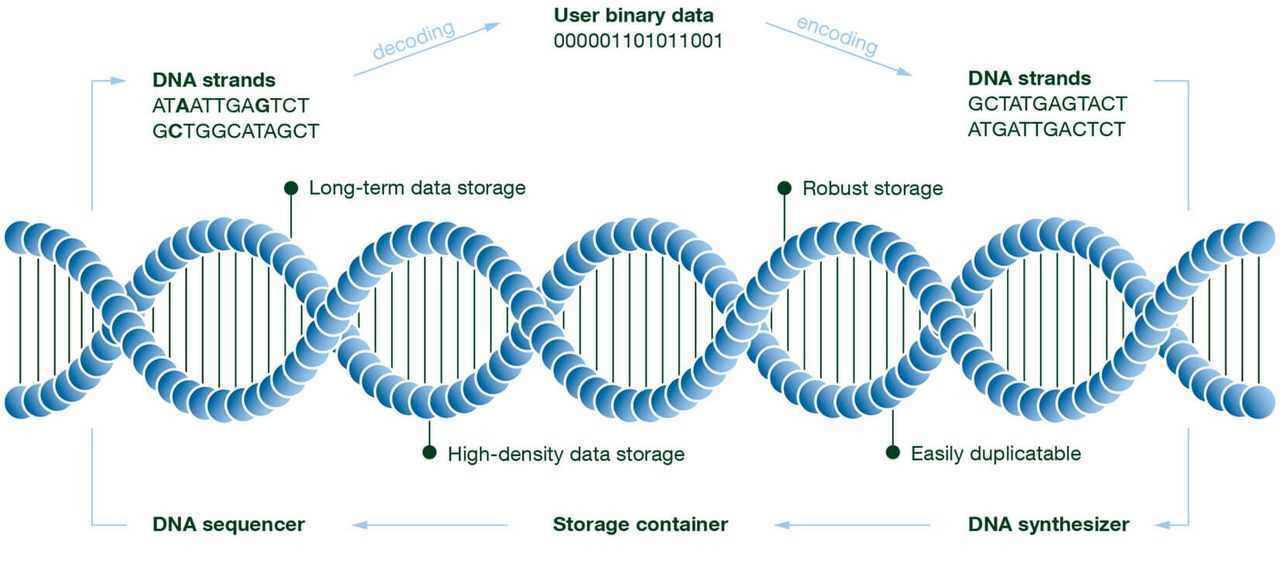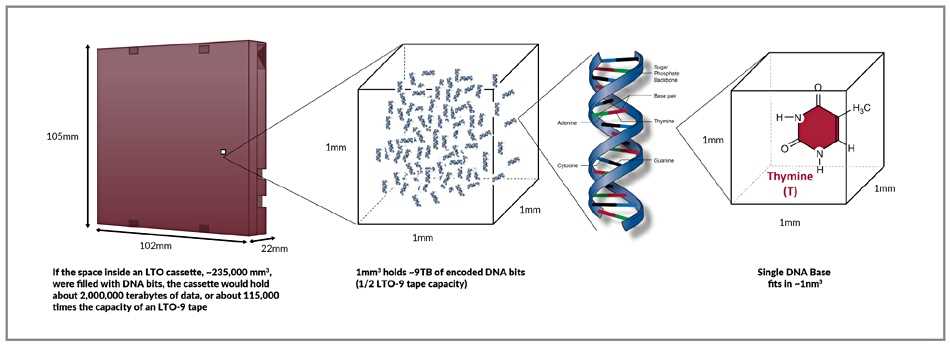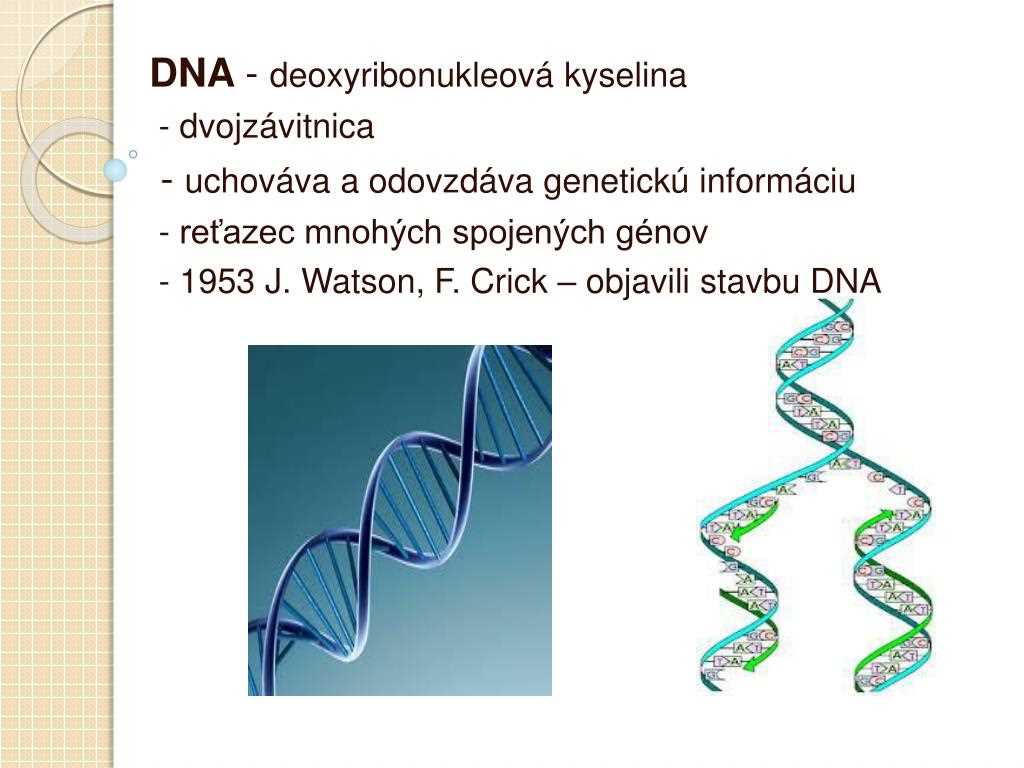
In the intricate framework of life, a mysterious code lies hidden within every living organism. This code holds the key to unlocking the secrets of an individual’s identity and characteristics. It is a blueprint so precise, so complex, that it forms the very foundation of life itself. Welcome to the fascinating world of nucleic acids, the backbone of genetic information.
As we delve into the realm of molecular biology, we discover the remarkable molecule known as Deoxyribonucleic acid, or DNA. DNA carries the instructions for the development, functioning, and reproduction of all living organisms. It acts as a versatile messenger, transcribing and transmitting genetic information from one generation to the next.
Within the realm of DNA lies a wealth of knowledge waiting to be unveiled. This virtual datasheet, filled with sequences of nucleotides, forms a comprehensive record of an organism’s unique characteristics and traits. Through careful analysis and decoding, scientists strive to decipher the intricate language of DNA, seeking answers to the fundamental questions of life itself.
This article embarks on a captivating journey through the realm of DNA, exploring the mechanisms that underline the inheritance of traits and characteristics. By delving into the complexities of genetic information, we gain a deeper understanding of the inner workings of the natural world and our place within it. Prepare to unravel the mysteries of DNA, as we dive headfirst into its captivating datasheet.
The Basics of DNA: What You Need to Know

In this section, we will explore the fundamental concepts and principles of DNA, the building blocks of life. Understanding the basics of DNA is crucial in grasping the intricate mechanisms that drive genetics and evolution. We will delve into the fascinating world of genetic information, exploring its structure, replication, and the vital role it plays in shaping who we are as individuals.
In the following table, we will present a summary of the key aspects of DNA:
| Aspect | Description |
|---|---|
| Genetic Material | Discover how DNA serves as the genetic blueprint for all living organisms. |
| Structure | Explore the elegant double helix structure of DNA and understand the significance of its nucleotide composition. |
| Replication | Learn about the intricate process by which DNA duplicates itself, essential for passing on genetic information from one generation to the next. |
| Genetic Code | Unravel the genetic code embedded within DNA, which holds the instructions for building proteins and ultimately determining an organism’s traits. |
| Mutations | Examine the concept of mutations and their role in genetic diversity and the development of inherited diseases. |
| Technological Applications | Explore the cutting-edge applications of DNA technology in various fields, including medicine, forensics, and agriculture. |
By gaining a solid understanding of these fundamental aspects of DNA, you will be equipped with the knowledge necessary to comprehend the intricate workings of genetics and its profound impact on all living organisms.
Unlocking the Secrets: How DNA Datasheets Enhance Genetic Research

When it comes to unraveling the mysteries of our genetic makeup, scientists rely on DNA datasheets to uncover crucial information. These invaluable documents play a pivotal role in enhancing genetic research by providing comprehensive insights into the intricate world of our genes. In this section, we will explore the ways in which DNA datasheets revolutionize genetic research and shed light on the complex mechanisms that govern our genetic code.
1. Illuminating the Blueprint of Life

At the heart of genetic research lies the desire to decipher the blueprint of life itself. DNA datasheets serve as a key to unlocking the secrets hidden within our genetic material. By examining these datasheets, scientists can uncover vital information about the structure, function, and interactions of genes. This enables them to gain a deeper understanding of the underlying mechanisms that drive genetic inheritance, development, and disease susceptibility.
2. Decoding the Language of Genes

Genes communicate through a complex language that is decoded by scientists using DNA datasheets. These datasheets provide a detailed breakdown of the nucleotide sequences that make up our DNA, allowing researchers to identify specific genes and their associated traits. By understanding this language, scientists can unravel the genetic basis of various traits, diseases, and inherited conditions, paving the way for advancements in personalized medicine, genetic therapies, and disease prevention.
To facilitate the organization and analysis of vast amounts of genetic data, DNA datasheets are often presented in tabular formats. These tables contain information such as gene names, locations, functions, and variations, providing researchers with a comprehensive overview of the genetic landscape. By harnessing the power of these datasheets, scientists can delve deeper into the complexities of our genetic makeup, ultimately driving breakthroughs in the field of genetic research.
| Gene Name | Location | Function | Variations |
|---|---|---|---|
| BRCA1 | 17q21.31 | Tumor suppressor gene involved in DNA repair | Various mutations associated with increased cancer risk |
| CFTR | 7q31.2 | Ion channel protein involved in cystic fibrosis | Over 1,700 mutations linked to cystic fibrosis |
| TP53 | 17p13.1 | Tumor suppressor gene regulating cell division | Multiple mutations associated with various cancers |
In conclusion, DNA datasheets play a crucial role in enhancing genetic research by providing a wealth of information about our genetic makeup. These documents serve as a key to unlocking the secrets hidden within our genes, allowing scientists to gain deeper insights into the complexities of genetic inheritance, development, and disease susceptibility. By harnessing the power of DNA datasheets, researchers can decode the language of genes and drive groundbreaking advancements in the field of genetic research.
The Future of Genetic Information: Implications and Ethical Considerations

In this section, we explore the potential impact of advancing genetic information and its wide-ranging implications for society. We delve into the ethical considerations arising from the increasing availability and accessibility of genetic information.
Unraveling the Secrets of the Genome

Advancements in genetic research have unlocked new possibilities for understanding the intricacies of the human genome. As our knowledge deepens, we uncover valuable insights into the genetic basis of diseases, inheritance patterns, and even personal traits. This newfound understanding poses both exciting opportunities and complex challenges for individuals, healthcare professionals, and society as a whole.
Implications and Ethical Dilemmas

The rapid progress in genetic information raises important implications and ethical dilemmas that need careful consideration. One such area of concern is the potential for genetic discrimination. As we unravel more about our genetic makeup, there is a risk of misuse of this information in areas such as employment, insurance, and even relationships.
Furthermore, the widespread availability of genetic information introduces the need for robust privacy safeguards. The sensitive and personal nature of genetic data necessitates strict regulations to prevent unauthorized access, misuse, or exploitation.
Additionally, the accessibility of genetic information presents challenges related to consent and informed decision-making. How do we ensure individuals fully comprehend the implications of genetic testing and make informed choices about their health and wellbeing? The ethical considerations surrounding genetic information extend beyond personal choices to societal implications, influencing policies, and healthcare practices.
Ultimately, as we navigate the future of genetic information, it is crucial to strike a balance between scientific progress, individual autonomy, and societal well-being. Ethical frameworks, legislation, and public dialogue are vital ingredients in shaping a responsible and equitable future for genetic information.